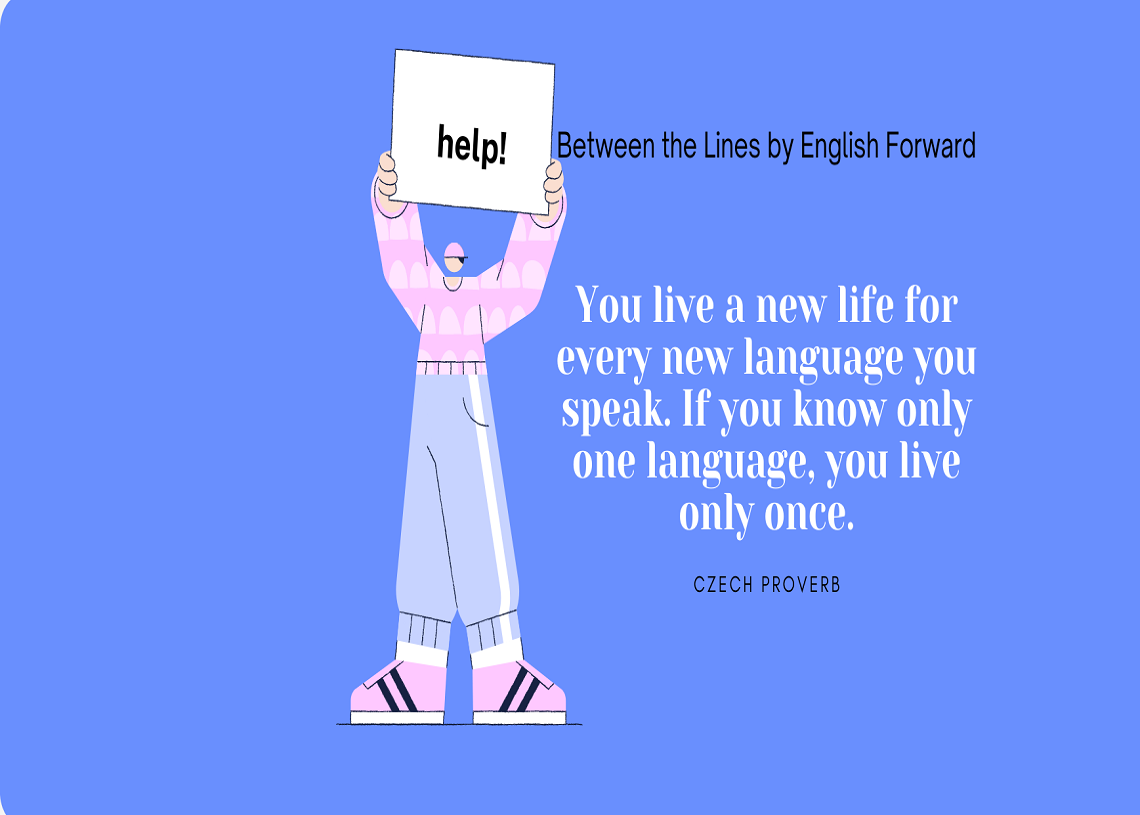An abstract noun refers to an idea or concept that does not exist in the real world and cannot be touched, like freedom, sadness, or permission. Sounds interesting?
What is an abstract noun?
In grammar we have different types of nouns; among them are concrete nouns and abstracts nouns.
Concrete nouns are people, places or things we can see, hear, taste, smell or touch(the five senses). They can also be described as tangible.
Examples of concrete nouns include, man, table, chair, pen.
On the other hand, abstract nouns are anything that cannot be perceived with the five senses. Abstract nouns are not physical and can be described as an idea, quality or state of being.
Abstract nouns follow the same grammar rules as other nouns. They can be singular or plural. They can also be countable or uncountable. The only grammar rule they defy as far as nouns are concerned is that they cannot be people or places, but can only be intangible things.
What are abstract nouns examples?
Abstract nouns can be classified into the following groups
Emotions
- Anger
- Love
- Hate
- Pride
- Sympathy
Feelings
- Fear
- Pleasure
- Delight
- Joy
- Worry
States
- Freedom
- Bravery
- Success
- Chaos
- Misery
Ideas
- Faith
- Culture
- Knowledge
- Belief
- Trust
Moments/events
- Birthday
- Marriage
- Death
- Divorce
Qualities
- Courage
- Honesty
- Patience
- Compassion
- Envy
Concepts
- Charity
- Comfort
- Deceit
Movements
- Progress
- Leisure
- Trouble
- Friendship
Another way to exhibit nouns’ abstract nature is by using suffixes. These suffixes are added to verbs, adjectives and sometimes a concrete noun can also be used to form a noun of abstract nature. Some of the suffixes are:
- -ism
Example:
Tribal(adjective) – tribalism(abstract noun)
Material (concrete noun) – materialism(abstract noun)
- – ity
Example:
Clear(adjective)- clarity(abstract noun)
Brutal(adjective) – brutality(abstract noun)
- -ment
Example:
Entertain(verb)- entertainment(abstract noun)
Develop(verb) – development(abstract noun)
- -ness
Example:
Mad(adjective)- madness(abstract noun)
Reckless(adjective) – recklessness(abstract noun)
- -age
Examples:
Patron(concrete noun)- patronage(abstract noun)
Wreck(noun/verb/adjective)- wreckage(abstract noun)
- -ance
Examples:
Guide(verb) – guidance(abstract noun)
Ignore(verb) – ignorance(abstract noun)
- -ence(usually added to verbs that end with -ent)
Example
Violent(adjective) – violence( abstract noun)
Innocent(adjective)- innocence (abstract noun)
- -ship
Examples:
Leader(concrete noun)- leadership(abstract noun)
Apprentice(concrete noun) – apprenticeship(abstract noun)
- -ability
Examples:
Stable(adjective)- stability(abstract noun)
Viable(adjective)- viability(abstract noun)
- -acy
Examples:
Aristocrat (concrete noun)- aristocracy( abstract noun)
Vacant(verb) – vacancy(abstract noun)
- -tion
Examples:
Motivate (verb) – motivation( abstract noun)
Relax(verb)- relaxation(abstract noun)
- – hood:
Examples:
Child(concrete noun)- childhood(abstract noun)
Woman (concrete noun)- womanhood(abstract noun)
All of the words mentioned in the examples above are things we cannot see, hear, touch , smell or taste.
How do you identify abstract nouns?
Abstract nouns in sentences
Abstract nouns can mean different things to different people. They are used in sentences to show many varieties of a particular noun and the ways it communicates that which cannot be experienced with the five senses.
It is easier to identify abstract nouns when the sentences containing them also have concrete nouns. Sentences with fewer abstract nouns and more concrete nouns are considered more concise and clear.
It can be difficult to recognize when a noun is abstract because there are so many words that can function in different ways. Some words function as both verbs and abstract nouns in some cases. An example is taste.
- One could taste and see the coriander in the food. [In this sentence, the word taste is used as a verb. One can physically taste the coriander]
- She has great taste in shoes. [In this sentence, the word taste is used as an abstract noun.]
In the sentences below, the abstract words are in italics
- My thoughts are with you in this time of grief
- No one can easily gain my trust.
- You should see the respect she has for her parents.
- We are encouraged to always have faith.
- With some effort, kindness can become a habit.
- Many girls let desire crowd their reason.
- The fear and chill of the ride are in equal measure.
- Childhood memories are can bring great joy or pain.
- Five out of ten people are living in poverty.
- Grammar has a way of enhancing knowledge.
In the following sentences, which word is the abstract noun?
- We were delighted to hear about her success.
- Karen’s wedding was filled with bliss.
- There is a myth that monsters can smell fear from far.
- Everyone needs love and appreciation.
- Toddlers have a lot of curiosity.
- His books have the rights reserved mark even though they are for charity.
- A mother senses when her child is in danger.
- She went to court with the hope that justice would be served.
- Our soldiers show bravery in the war zones.
- James showcased his brilliance with courage.


 Clap
Clap
